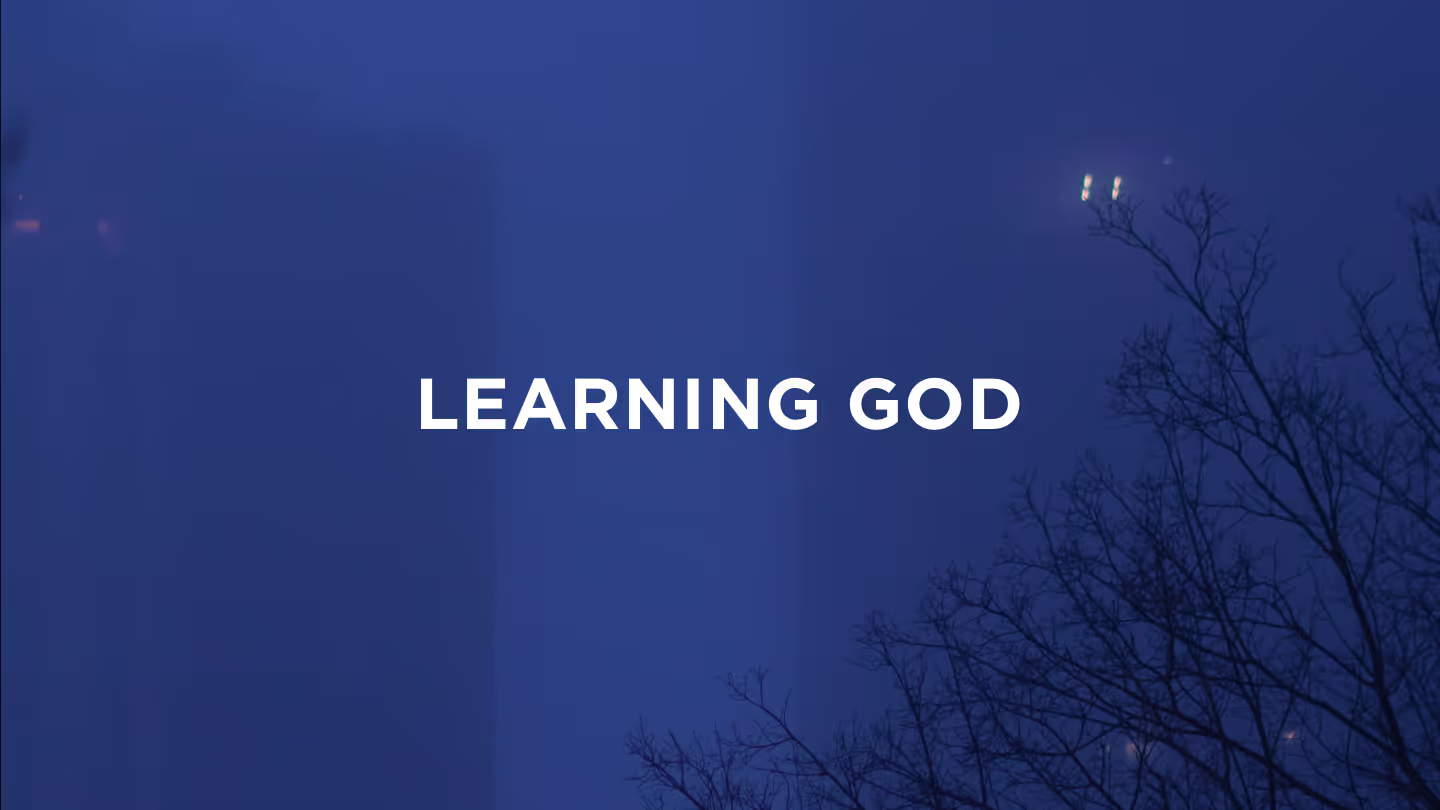Civilization and Its Discontents

Human culture always has the capacity for good, for evil, or for some combination of both. The descendants of murderous Cain engaged in good pursuits: city-building, livestock farming, music, technology, family-building and poetry. Yet because they rejected God’s loving rule, the way they practiced them was often corrupted, most heinously by Lamech’s polygamy and violent hyper-retribution. Enosh, however, the first descendant in the godly line of Seth, presents a contrast. According to biblical scholar Bruce Waltke, his name means weakness—and it was in the time of Enosh when people began to recognize their need for God. Today, Christians who live by faith in the “just mercy” of Jesus should still engage in all the worthy pursuits of culture-making. And rather than seeing all corruption as “out there” in The Culture, we must recognize that sin also exists in us and in Christian subcultures. A godly attitude toward culture-making, then, is both humble and curious, expecting that God can use unbelievers along with us to develop his world.
Related sermons
.avif)
Stay connected with our newsletter
Subscribe to our Weekly Westsider newsletter for church updates, event opportunities, and new media and content.
